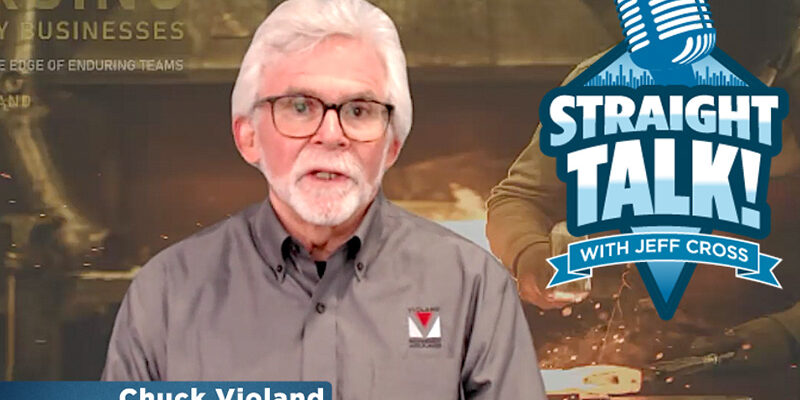Developing Performance and Purpose in Your Organizational Culture

For many years, I have professed a strong desire to convince my clients that a performance-based culture is truly the most critical component for sustained organizational success. Having just returned from Strategic Business Planning sessions with organizations from all across the United States and Canada, I seized the opportunity to delve deeper into this topic. Through various readings and discussions, I realized that leaders must not only expect their people to perform, but they must also provide them with purpose.
In a recent article from Harvard Business Review, the authors articulated that “Companies are increasingly emphasizing a corporate purpose beyond mere profitability. The success of this integration largely hinges on organizational culture. Leaders, spanning all tiers, need to genuinely exemplify and articulate the company’s values, as demonstrated by companies like Netflix and LUSH. It’s vital for employees to perceive their daily roles as contributing to this larger purpose…”
The article went on to say, “This is because culture provides the underlying assumptions, shared values, and norms that shape employee mindsets and behaviors. Companies may profess a commitment to purpose, but without a supportive culture aligned to that purpose, employees won’t be supported to enact these shared values in their work.” This type of culture emphasizes a shared sense of purpose beyond just financial goals and profits.
Further illustrating this concept, Edgar H. Schein, known for his tenure as a professor at the MIT Sloan School of Management, provides what is largely regarded in management and leadership circles as the most comprehensive definition of organizational culture in his book, “Organizational Culture and Leadership”:
“A pattern of shared basic assumptions learned by a group as it solved its problems of external adaptation and internal integration…. A product of joint learning.”
For years, forward-thinking businesses have been attempting to promote a culture that embodies Schein’s work. However, it is becoming increasingly evident that employees in today’s workplace require more. From every discipline and in every type of organization, employees are desiring purpose.
How can we continue to strive for performance while incorporating purpose as an equally critical component to sustaining growth and success in our organizations? My experience has been that every recognized leader or manager must consistently exhibit the following leadership traits:
- Help every employee to feel that their job is important, that they are making a difference, and that their actions are in line with the stated purpose of the organization.
- Don’t allow anyone to just “get by” or “sit on the sidelines.” Ask for their input and respect their opinions and ideas. Incorporate their suggestions as often as possible.
- Expect that your employees will make decisions and that sometimes those decisions will not necessarily be the best ones. When this happens, communicate and provide support in correcting the shortcoming. This is critical! To enable continuous growth and alignment with purpose, team members and leaders should receive feedback on how their decisions relate to the corporate purpose.
- Immediately begin to recognize and reward both performance- and purpose-driven behaviors that support a purpose-driven culture. Admittedly, it can be challenging to create processes and systems that encourage but do not improperly incentivize purpose-driven behaviors, while consistently enabling your team to achieve the company’s core purpose. But it can be done.
In summary, building a purpose-driven organization in today’s complex business market requires a deliberate and thoughtful combination of purpose- and performance-driven team members. This involves clearly communicating what the organization’s purpose is and requires leaders who actively demonstrate the values inherent within that purpose. Leaders should also be responsible for continually reminding everyone of the organization’s vision and mission. Finally, it’s important to develop incentives that encompass both monetary and nonmonetary reward systems that emphasize and reinforce purpose-oriented results.











